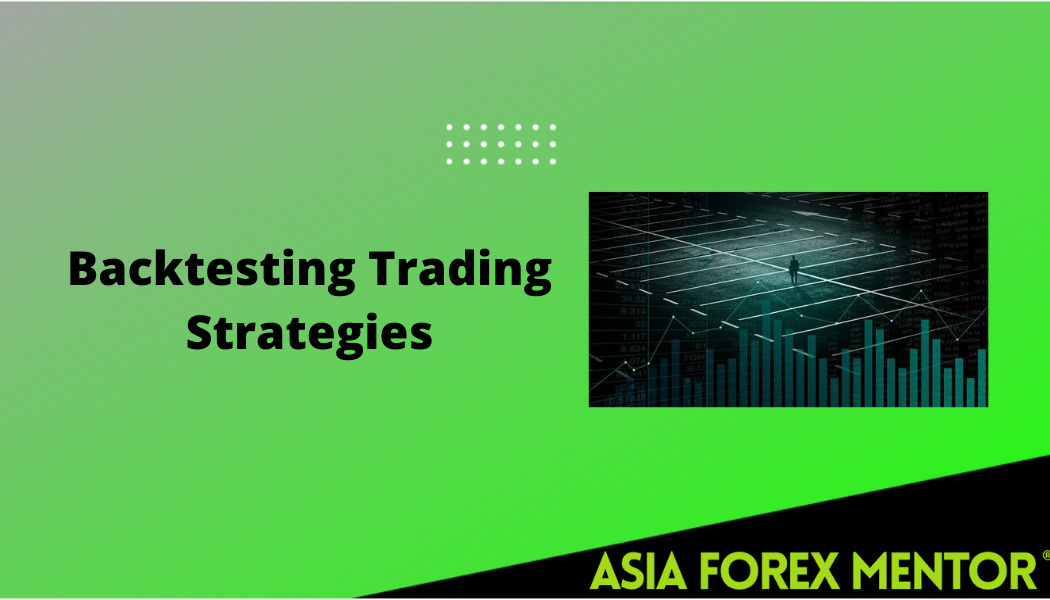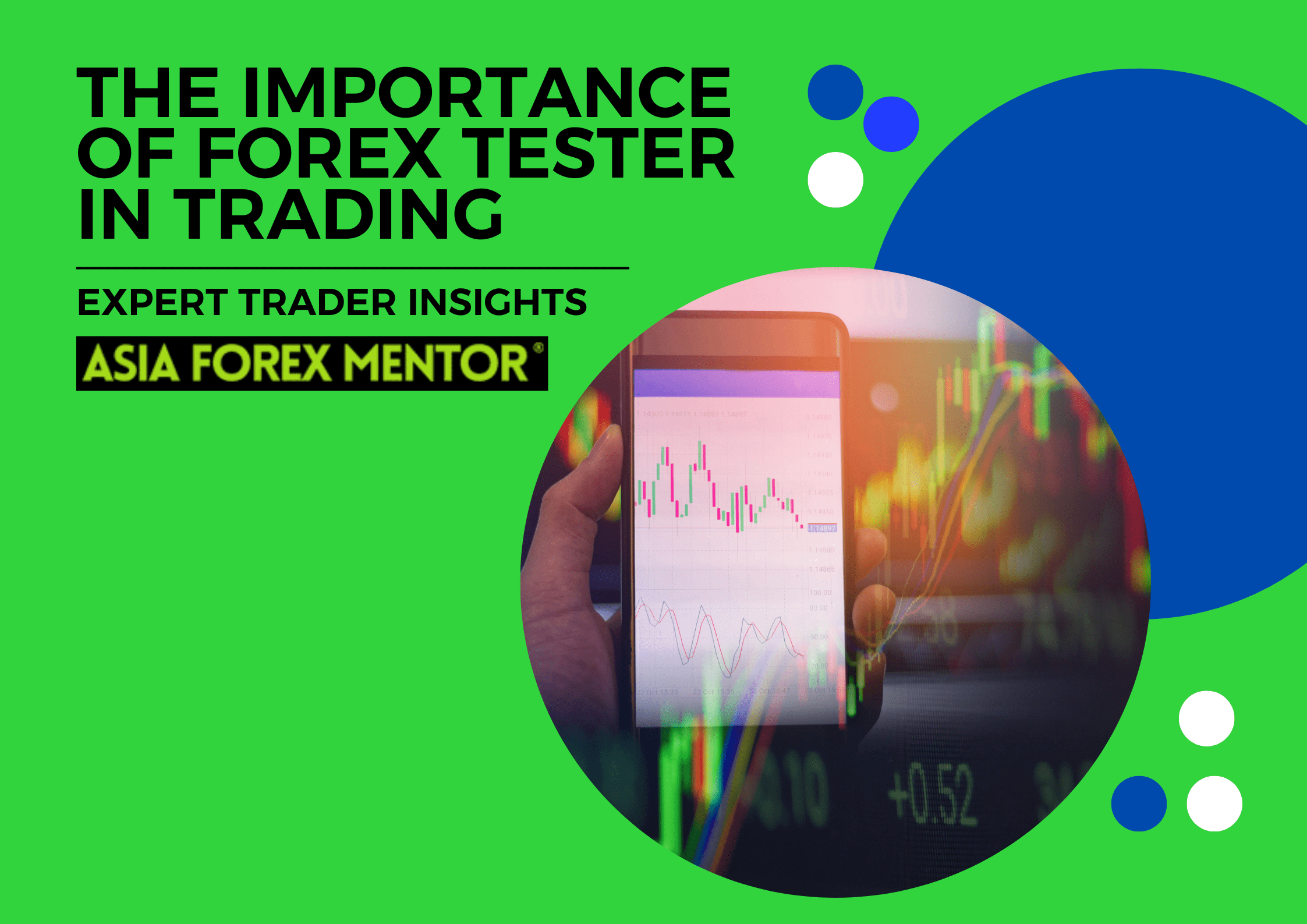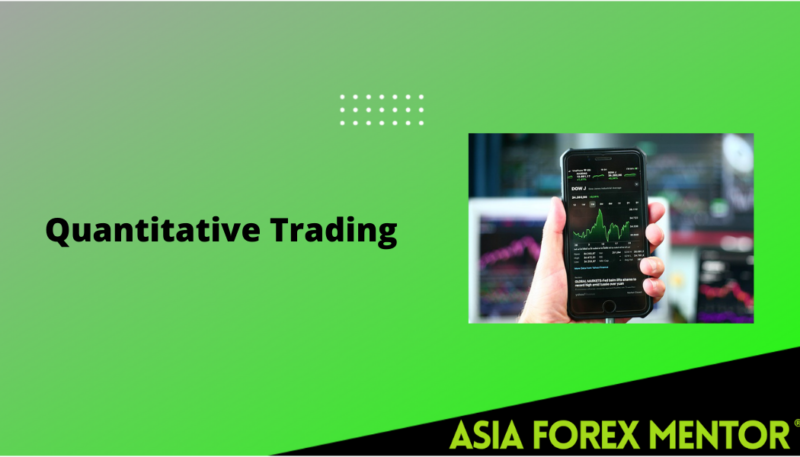
The forex market is dynamic and highly competitive, requiring traders to be well-prepared and equipped with effective strategies. Demo trading and backtesting provide traders with essential tools to enhance their skills, test their strategies, and make informed decisions. These methods offer numerous benefits that can significantly contribute to a trader’s success.
Backtesting and demo trading are essential for developing your trading abilities as well as confirming your tactics, enabling you to increase returns while lowering risks.
The article highlights the several advantages of these priceless methods, including seeing potential flaws in your plans, preventing costly errors in real-time trading, and boosting your confidence in your decision-making. You’ll be able to maximize your trading potential if you have a solid grasp of backtesting and demo trading.
Take the first step toward making data-driven, smart trading decisions right now!
Also Read: What is Forex Trading and How does it work?
Backtesting And Demo Trading Overview
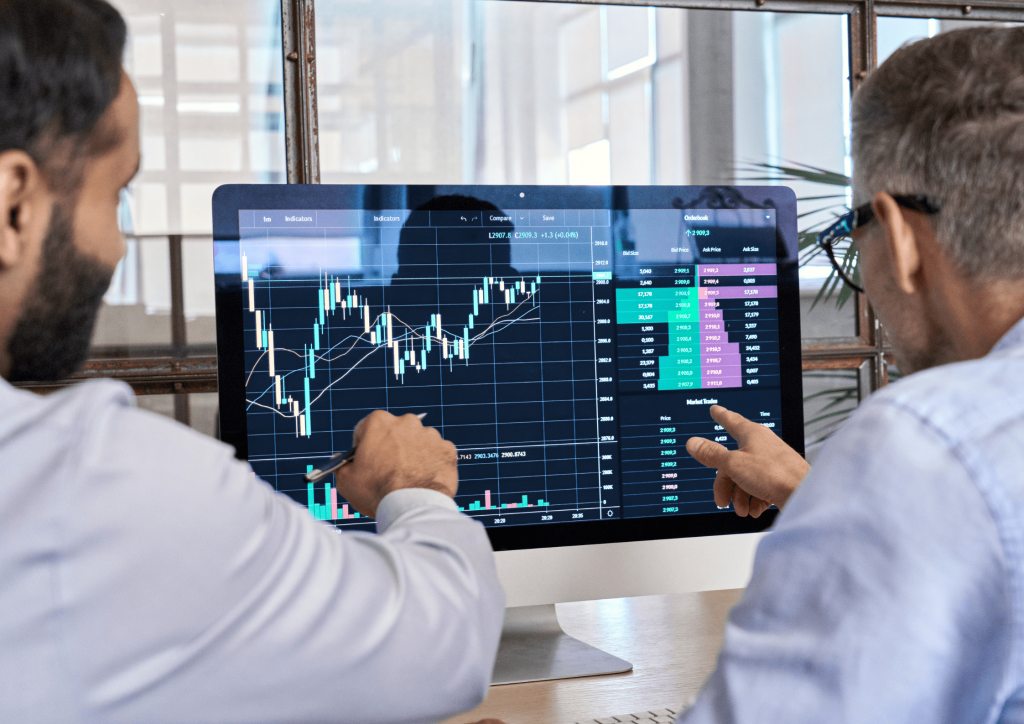
Demo trading, also known as practice trading or trading with a demo account, is a crucial step for traders to enhance their skills and refine their strategies before venturing into live trading. With a demo trading account, traders can access a virtual environment that replicates real market conditions and trade using virtual funds. This zero-risk approach allows traders to familiarize themselves with the trading platform, utilize trading tools and technical indicators, and practice various trading techniques.
By opening a demo trading account, traders can gain practical experience in executing trades, analyzing market trends, and managing positions without the fear of losing real money. It provides an opportunity to test different strategies, assess their effectiveness, and make adjustments as necessary. Traders can observe the outcomes of their trades and evaluate their decision-making process to identify areas for improvement.
In this comprehensive article, we will delve into the benefits of demo trading, discuss the features and advantages of a demo trading account, explore the various trading tools and technical indicators available for practice, and provide practical tips on how to make the most out of your demo trading experience.
Whether you are a beginner looking to start trading or an experienced trader seeking to refine your skills, understanding the importance of demo trading will set you on the path to becoming a successful trader.
So, let’s dive in and explore the benefits and intricacies of demo trading and backtesting for strategy testing.
Benefits of Trading in Demo Account

Demo trading offers traders a risk-free environment to develop and test their strategies. It provides an invaluable opportunity to gain practical experience and fine-tune your trading approach. A demo trading account serves as a valuable training ground for traders to develop their trading skills and build confidence.
It allows traders to understand market dynamics, test their risk management techniques, and explore different trading styles without financial consequences. Additionally, it provides an avenue for traders to become familiar with the features and functionality of the trading platform they intend to use for live trading.
By actively practicing with a demo trading account, traders can fine-tune their strategies, learn from their mistakes, and gain the necessary experience to navigate the challenges of the financial markets. It is an essential stepping stone towards transitioning to a live trading account with real funds.
Let’s explore its key advantages:
Enhanced Learning
Demo trading allows traders to gain practical experience and understand market dynamics without risking real money. By executing trades, analyzing market conditions, and observing outcomes, traders can develop their skills, improve decision-making abilities, and deepen their understanding of the forex market.
Strategy Testing and Refinement
Demo trading enables traders to test and refine their trading strategies. By executing trades based on specific criteria, traders can assess strategy performance, identify strengths and weaknesses, and make necessary adjustments to optimize profitability.
Risk-Free Exploration
Demo trading offers a safe space for traders to explore various trading techniques, indicators, and timeframes without financial risk. This freedom to experiment enhances traders’ knowledge and confidence in their strategies.
What is Backtesting?
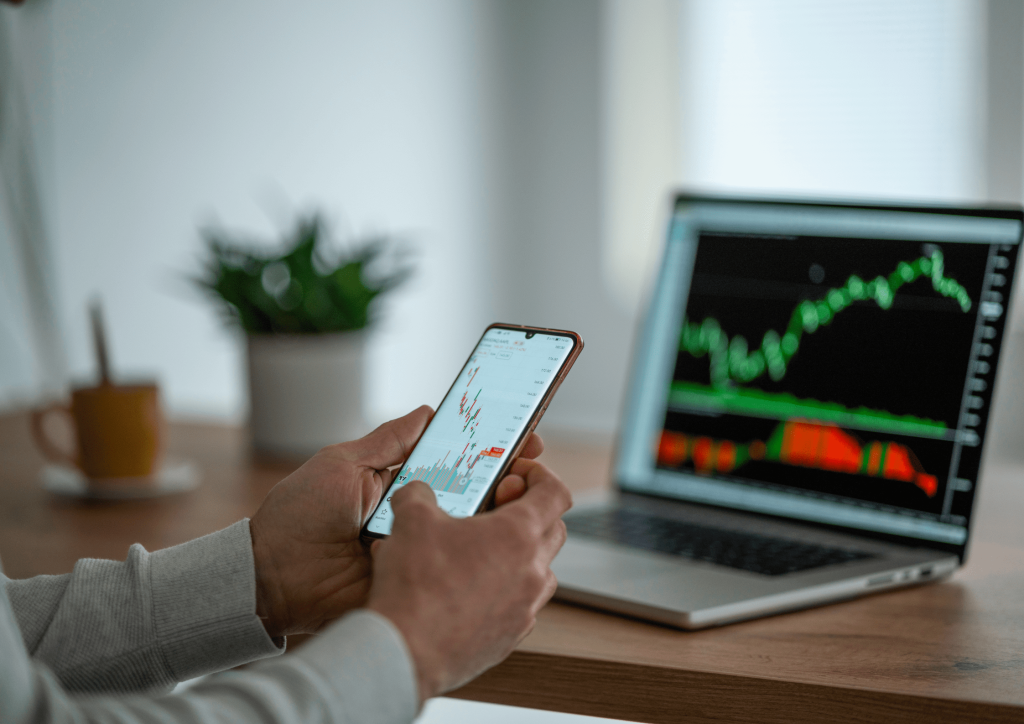
Backtesting is a robust method utilized by traders to evaluate the performance of a trading strategy using historical market data. By simulating trades based on past market conditions, traders can analyze the effectiveness and profitability of their strategies.
The Benefits and Risks of Backtesting

Backtesting offers several advantages, but it is essential to be aware of its potential risks. Let’s examine them:
Performance Evaluation:
Backtesting allows traders to analyze the historical performance of a trading strategy, including profitability, win rate, drawdowns, and risk-adjusted returns.
Strategy Improvement:
By backtesting different variations of a strategy, traders can identify its strengths and weaknesses, refine entry and exit rules, and optimize risk management techniques.
Data-Driven Decision-Making:
Backtesting provides objective data to support trading decisions, helping traders make informed choices based on historical performance.
Risks of Backtesting
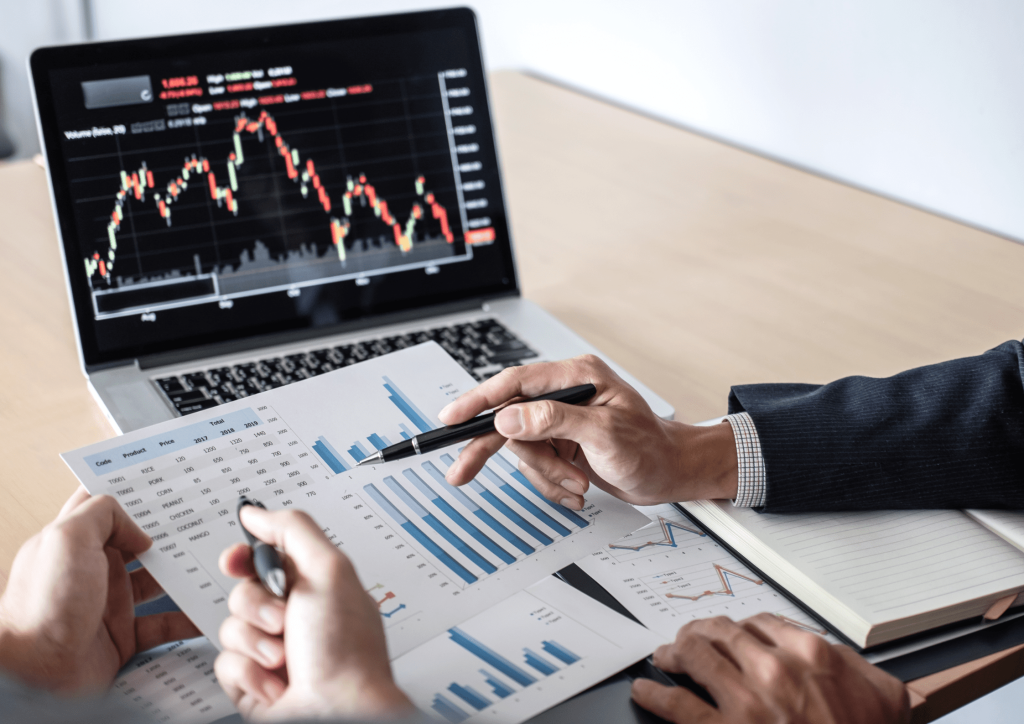
While backtesting is a valuable tool for evaluating trading strategies, it is essential to be aware of the potential risks and limitations associated with this method.
Let’s explore the key risks of backtesting and how to navigate them effectively.
Assumptions and Limitations
Backtesting relies on historical data and assumes that past market behavior will repeat in the future. However, market dynamics can change, affecting the strategy’s effectiveness.
Data Quality
The accuracy and reliability of backtesting results depend on the quality and completeness of the historical data used. Inaccurate or incomplete data can lead to flawed conclusions.
Over-Optimization
Traders must be cautious of over-optimizing their strategies based on past data, as it can lead to curve-fitting and poor performance in live trading.
Backtesting vs Scenario Analysis vs Forward Performance

When evaluating trading strategies, it is crucial to consider multiple methods of analysis to gain a comprehensive understanding of their effectiveness. Backtesting is a powerful tool, but it is equally important to explore other approaches such as scenario analysis and forward performance.
Let’s delve into the differences between backtesting, scenario analysis, and forward performance to uncover their unique benefits and considerations.
Backtesting
Backtesting uses historical data to assess strategy performance and make data-driven decisions. It provides insights into a strategy’s historical effectiveness.
Scenario Analysis
Scenario analysis involves simulating various hypothetical scenarios to test a strategy’s performance. It helps traders understand the strategy’s robustness under different market conditions.
Forward Performance
Forward performance testing involves applying a strategy to real-time market conditions and monitoring its performance. It helps validate the strategy’s effectiveness in current market dynamics.
The Importance of Backtesting and Demo Trading
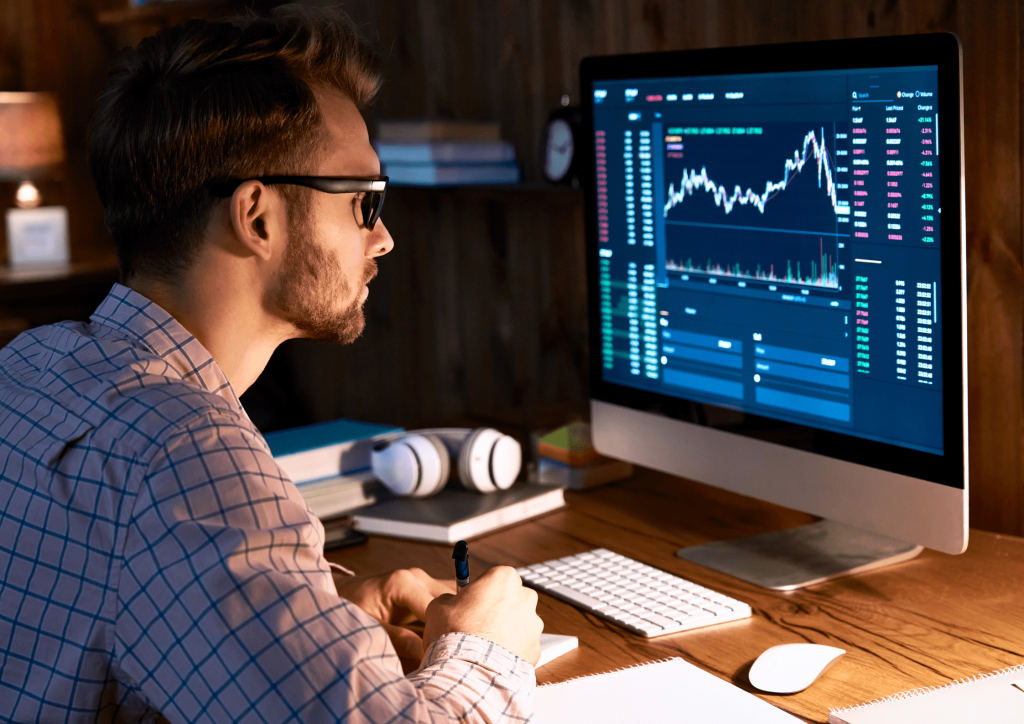
Backtesting and demo trading play pivotal roles in traders’ success and can significantly impact their trading journey. Here’s why they are important:
Strategy Validation
Backtesting enables traders to validate their strategies by analyzing historical data. It helps traders understand how their strategies would have performed in the past, providing valuable insights into potential profitability and risk.
Risk Management
Demo trading allows traders to test and refine their risk management techniques without risking real money. By implementing stop-loss orders, adjusting position sizes, and assessing the impact on overall profitability, traders can develop effective risk management strategies.
Confidence Building
Both demo trading and backtesting contribute to building traders’ confidence. By practicing in a simulated environment and seeing positive results in backtesting, traders gain the necessary confidence to execute their strategies in real market conditions.
Strategy Optimization
Backtesting and demo trading allow traders to fine-tune their strategies for optimal performance. Through iterative testing and analysis, traders can identify and eliminate weaknesses in their strategies, optimize entry and exit points, and improve risk-reward ratios.
Takeaway
In conclusion, the strategic value of demo trading and backtesting in the fast-paced world of forex cannot be understated. Backtesting can help you identify patterns in past market behavior. Demo trading offers an invaluable and risk-free platform for the development of trading abilities, the rigorous testing of trading strategies, and the polishing of risk management tactics.
It does this by imitating genuine market conditions. Backtesting is a useful supplement to this since it provides a reliable technique for validating and honing these strategies against the background of past market data.
Traders are able to navigate the unpredictable currents of the forex market with confidence and precision when they have these powerful tools at their disposal, which together constitute the basis of successful trading. They shed light on the way forward, making it possible for traders to enter live trading armed with tactics that have been shown to be effective, honed abilities, and an in-depth comprehension of the dynamics of the market.
Beginning your trip as a trader before you have a firm grasp on these strategies is analogous to setting sail without a compass. Demo trading and backtesting should serve as your reliable mentors when you enter the thrilling but challenging world of live account trading.
FAQs
Is demo trading the same as live trading?
Demo trading simulates real trading conditions but does not involve real money. Live trading involves real funds and actual market execution. While demo trading helps develop skills and test strategies, live trading involves real risks and emotions.
How important is backtesting in trading?
Backtesting is essential for traders as it allows them to evaluate the historical performance of their strategies. It helps traders assess profitability, identify weaknesses, and make data-driven decisions.
Can demo trading guarantee success in live trading?
While demo trading provides valuable practice, it does not guarantee success in live trading. The emotional and psychological aspects of live trading, along with real market conditions, can impact performance.


